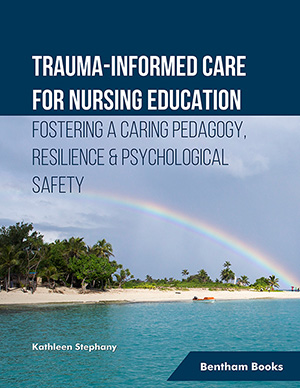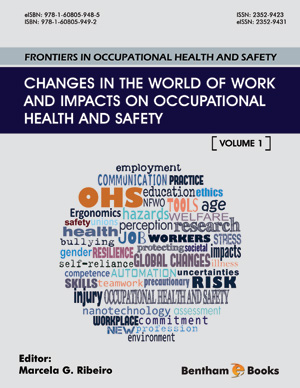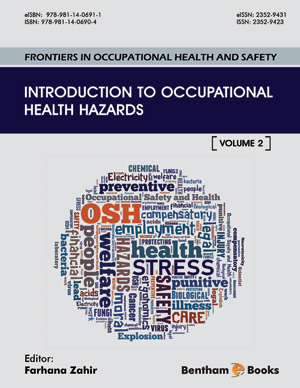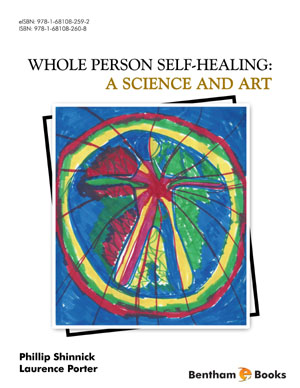Abstract
The aim of Chapter Four is to demonstrate that living a better life after
adversity is possible when adequate support is offered. Therefore, positive psychology
and post-traumatic growth are two recovery-focused trauma-informed approaches that
are highly recommended to help people who have experienced adversity. Positive
psychology studies human well-being and optimal functioning. Post-traumatic growth
refers to positive changes in someone’s coping that occur from sorting through their
experience of trauma. Three different responses to traumatic stress are explained. For
instance, certain people bounce right back after an adverse event, others develop
maladaptive functioning, and a third reaction results in post-traumatic growth. The
particular response that a person experiences is somewhat context-dependent. After
trauma occurs, positive changes in brain function are made possible through
neuroplasticity. Positive Psychology and trauma-informed care share the common goal
of helping people to live better lives, but they also differ. For instance, positive
psychology strategies are designed to be used by everyone and are therefore not limited
to those who have experienced trauma. The five key elements of well-being theory
called PERMA are presented, such as positive emotions, engagement, relationships,
meaning, and accomplishment. Positive emotions are deemed essential for life
satisfaction. Work-related well-being was later developed and called PERMA+4 and is
associated with physical health, mindset, work environment, and economic security.
Flourishing is a central component of well-being theory and consists of the capacity to
be satisfied with one’s life achievements and being involved in something that is
meaningful. The following strategies are known to facilitate well-being, being grateful,
a positive attitude, random acts of kindness, and positive psychotherapy. Positive
psychotherapy is an effective method to treat trauma because it focuses on a person’s
strengths and weaknesses but also uses a person’s character signature strengths to help
them move forward. Appreciation for life, new possibilities, relating to others, personal
strength, and spiritual change are the five domains of post-traumatic growth. Meaningmaking, instillation of hope, and self-compassion are identified as additional lifeenhancing responses to adversity. Two Narrative Case Studies are presented. The first
one identifies how a student nurse felt unprepared to discuss spiritual issues with her
patient. The second case study demonstrates how nurturing mindful self-compassion
helps a teen to heal from childhood trauma. The following three learning activities are
suggested, debating the value of positive emotions, understanding the 24 signature
strengths of positive psychotherapy, and lessons learned from those who have
experienced post-traumatic growth. The chapter ends by recommending specific
gratitude-enhancing self-care strategies.
Keywords: Accomplishment, Character Strengths, Coherence, Creative Visualization, Economic Security, Emotional Intelligence, Engagement, Existential Reevaluation, Flourish, Flow, Gratitude, Gratitude Journal, Gratitude Visit, Guilt, Hope, Humanistic Psychology, Interpretive Reality, Kindness, Logotherapy, Meaning, Meaning-Making, Meditation, Mindful Self-Compassion, Mindfulness, Mindset, Neuroplasticity, Ontology, Perception Of Reality, Perma, Perma+4, Physical Health, Positive Emotions, Positive Psychology, Positive Psychotherapy, Positive Psychotherapy Sessions, Post-Traumatic Growth, Psychological Preparedness, Purpose, Relationships, Religion, Self-Compassion, Shame, Signature Strengths, Significance, Social Intelligence, Spirituality, Strengths Due To Suffering, Subjective Well-Being, Trauma-Informed Care, Traumatic Stress Response, Well-Being Theory, What-Went Well Exercise, Will To Meaning, Work Environment, 24 Signature Strengths.












